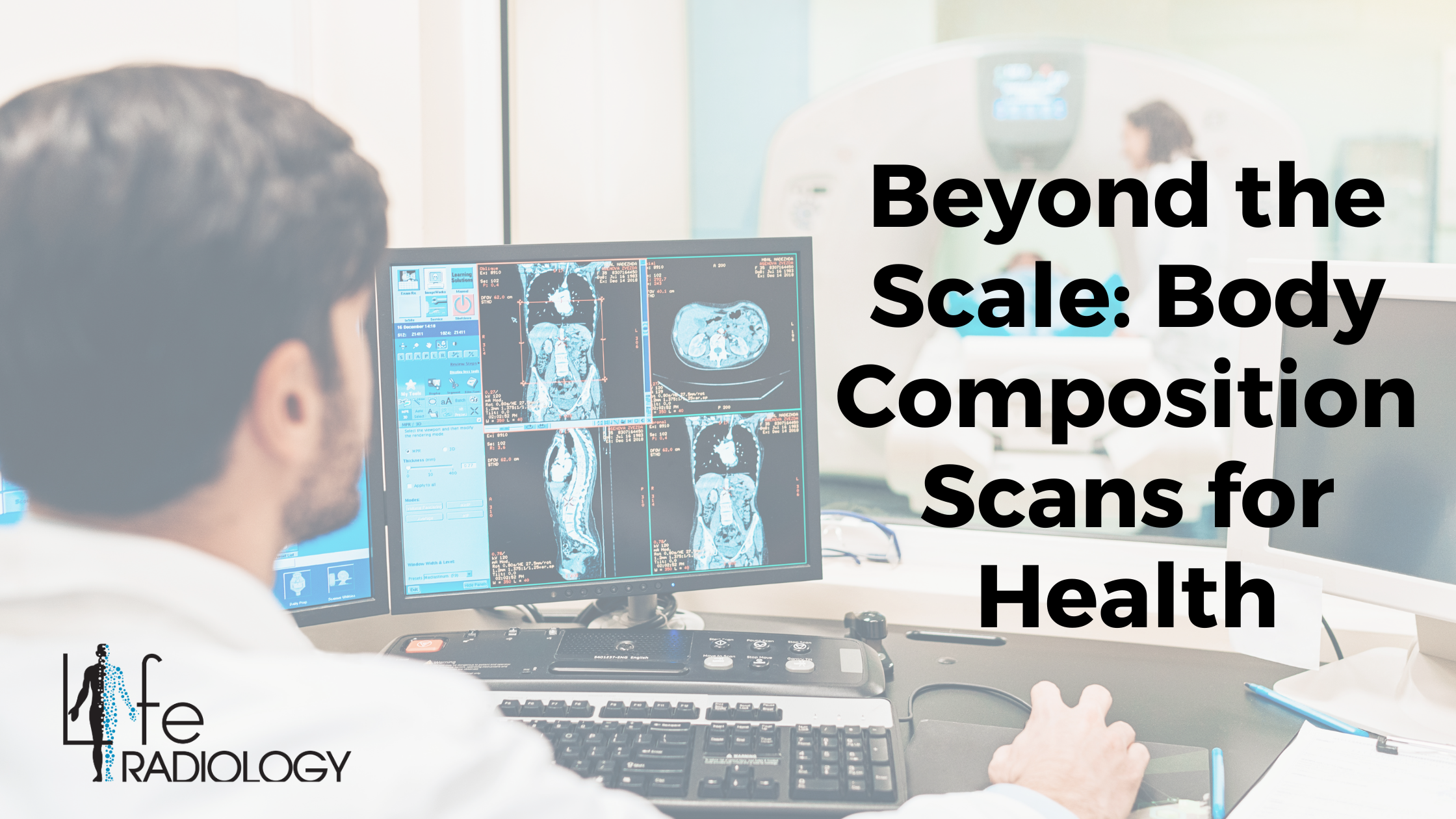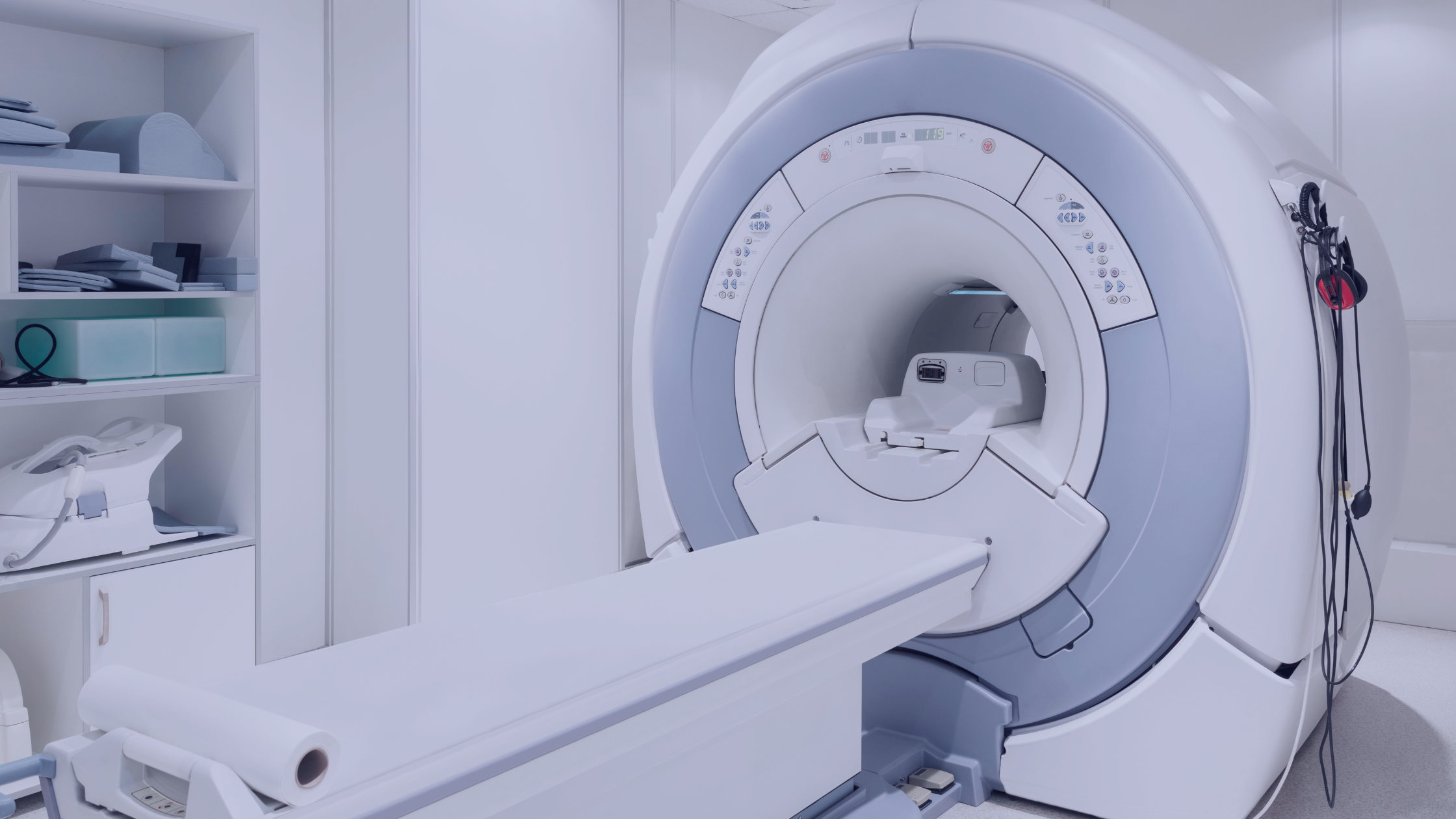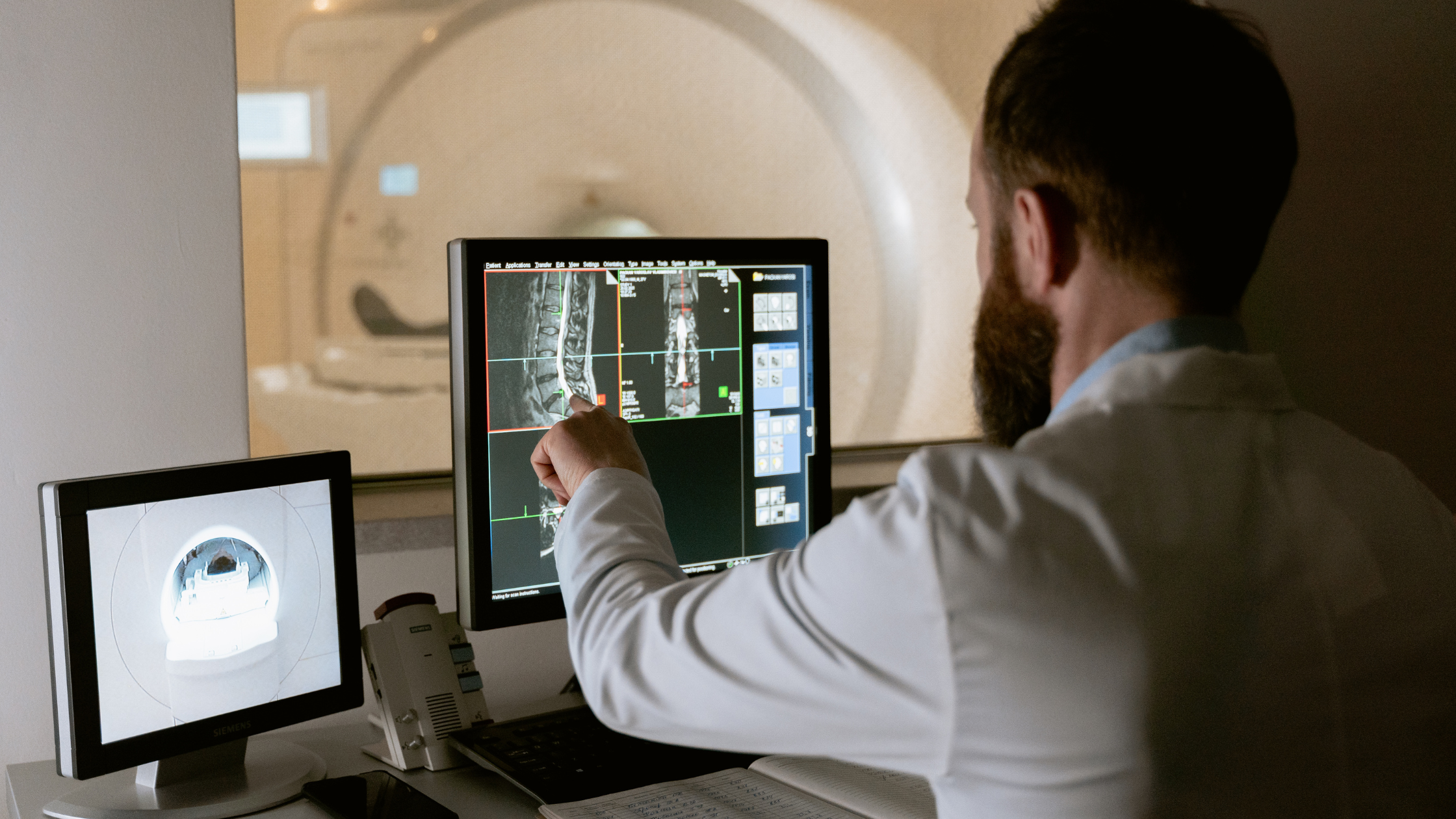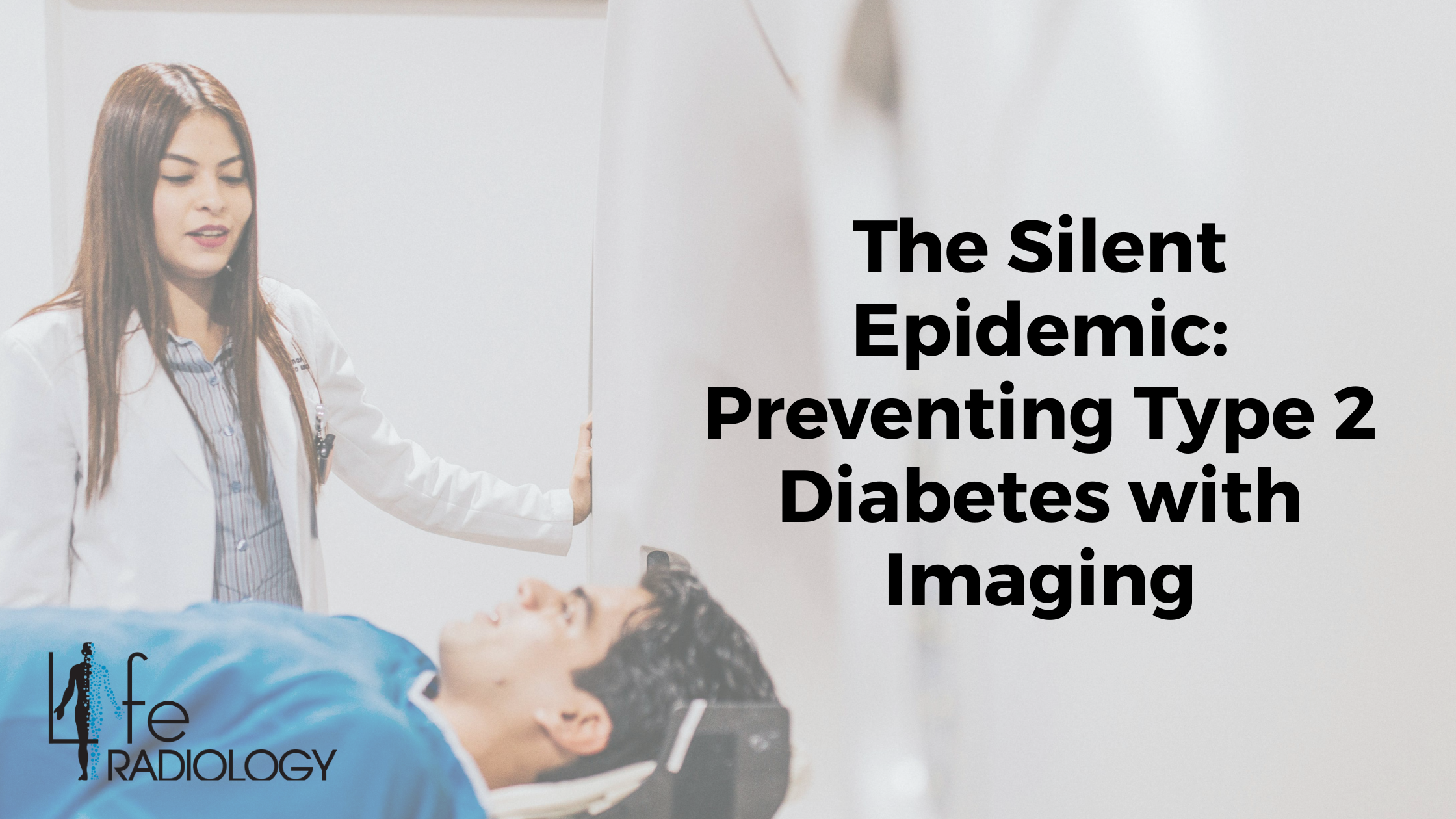Beyond the Scale: Body Composition Scans for Health
Beyond the Scale: Body Composition Scans for Health
Why Weight Alone Doesn’t Tell the Whole Story
For decades, weight has been treated as the ultimate health metric. But in reality, your weight on the scale tells very little about your actual health. Two people with the same weight can have vastly different levels of body fat, muscle mass, and metabolic risk.
This is where body composition scans—like DEXA (Dual-Energy X-ray Absorptiometry)—step in. These advanced tools go far beyond the scale, offering a detailed look at how your body is built and what changes will actually improve your health.
What Is Body Composition?
Body composition refers to the percentages of fat, muscle, bone, and water in your body. Unlike BMI (Body Mass Index), which only considers height and weight, body composition reveals the quality of your weight.
Key components include:
- Lean muscle mass
- Visceral fat (fat surrounding organs)
- Subcutaneous fat (fat under the skin)
- Bone density
- Total body fat percentage
Knowing these metrics gives a far clearer picture of your true health than the number on a scale ever could.
What Is a DEXA Scan?
A DEXA scan is a low-dose X-ray test that precisely measures body composition and bone density. Originally used for osteoporosis detection, it’s now widely used for:
- Fitness assessments
- Weight loss monitoring
- Chronic disease risk evaluation
- Athletic performance planning
The scan takes only 6–10 minutes and provides a comprehensive breakdown of:
- Fat vs. lean mass
- Fat distribution by region (arms, legs, trunk)
- Visceral fat levels
- Bone mineral density
Why Use DEXA Instead of Just Weighing Yourself?
1. Fat Loss ≠ Weight Loss
Losing weight on the scale may include losing muscle, which is harmful in the long run. A DEXA scan shows exactly where you’re losing mass, so you can preserve muscle while reducing fat.
2. Visceral Fat Is the Real Danger
Even thin individuals can carry high levels of visceral fat, increasing their risk of:
- Type 2 diabetes
- Heart disease
- Stroke
- Fatty liver disease
DEXA scans quantify visceral fat with high accuracy, allowing for early intervention.
3. Muscle Matters More Than You Think
Muscle is critical for:
- Metabolic health
- Blood sugar regulation
- Mobility and strength with aging
Tracking lean mass helps tailor strength-building programs and prevent sarcopenia (muscle loss).
Personalized Health Plans Based on Body Composition
Using DEXA scan data, healthcare professionals or fitness experts can build custom health plans focused on your unique body profile. Plans may include:
- Targeted fat loss goals (e.g., reducing trunk fat or visceral fat)
- Resistance training to preserve or gain lean muscle
- Macronutrient adjustments based on muscle mass
- Bone-strengthening protocols if density is low
These personalized plans are more effective and sustainable than generic “eat less, move more” strategies.
Athletes and Body Composition: Not Just for the Sick
Elite athletes have used DEXA scans for years to:
- Monitor training effects
- Track muscle symmetry
- Avoid overtraining and injury
- Optimize performance nutrition
But body composition scans are just as useful for:
- Beginners starting a fitness journey
- People over 40 concerned about muscle loss
- Individuals managing obesity or chronic disease
Real Stories, Real Change
Case 1: “Normal” Weight but High Visceral Fat
A 38-year-old woman with a healthy BMI (23) discovers via DEXA that her visceral fat is dangerously high. With targeted changes, she reduces risk factors for diabetes and improves liver function—all without losing a pound.
Case 2: Muscle Loss During Weight Loss
A man trying to lose weight drops 20 lbs in 3 months, but DEXA shows that 35% of the loss was lean muscle. His plan is adjusted to focus on protein intake and strength training, helping him lose fat without harming metabolism.
How Often Should You Get a DEXA Scan?
For most people, a scan every 3–6 months is ideal to track progress and adjust plans. More frequent scans may be used by:
- Athletes in training cycles
- People with significant weight changes
- Those under medical supervision for chronic conditions
DEXA scans are safe, fast, and non-invasive—with radiation exposure far lower than a chest X-ray.
Final Thoughts: Know Your Body to Improve It
Scales can be misleading. BMI is outdated. If you're serious about understanding and improving your health, it’s time to look beyond the numbers and start seeing your true body composition.
DEXA scans reveal what weight alone cannot, helping you build a personalized path to strength, longevity, and real wellness.






